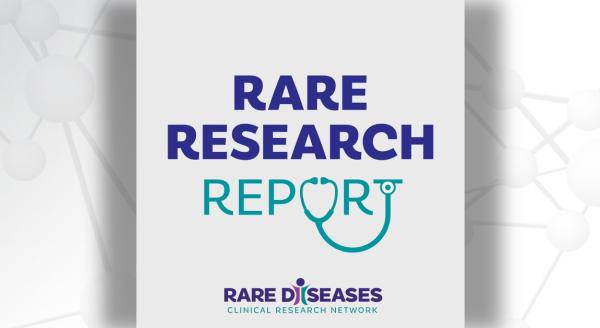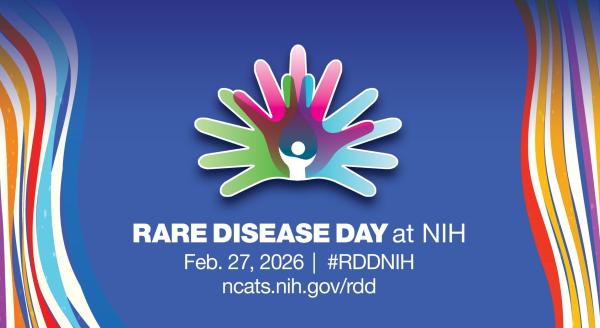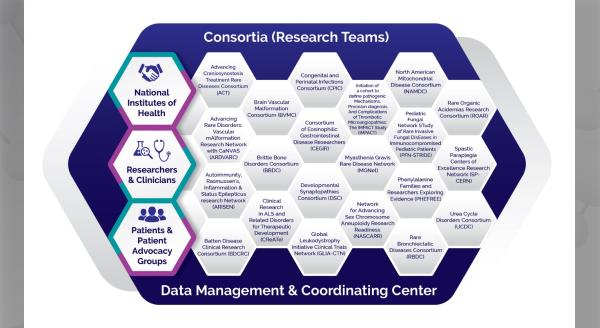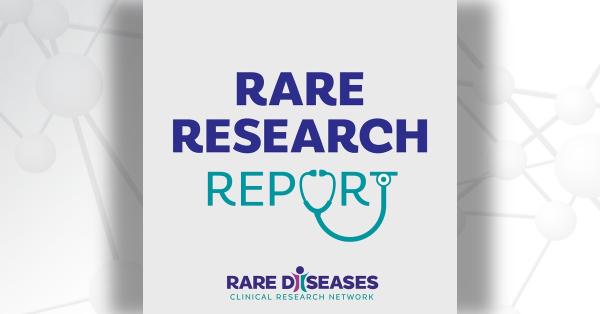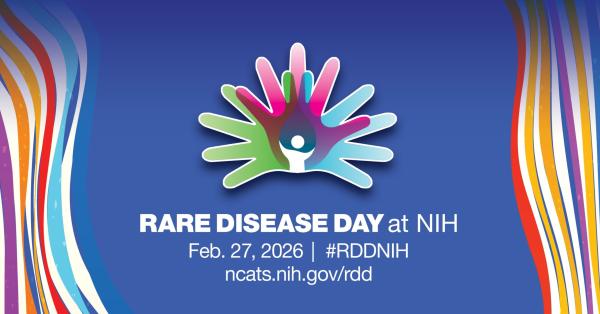The Urea Cycle Disorders Consortium (UCDC) is an original member of the Rare Diseases Clinical Research Network (RCDRN) family, having been part of the Network since its inception in 2003. Now in its 18th year, it is a leader among the consortia, having introduced a number of innovations in training and relationship to the pharmaceutical industry. It has codified its collective knowledge of the urea cycle disorders and identified gaps in our understanding, filling many of these gaps in the more than 100 peer-reviewed publications that have emanated from it.
Perhaps most importantly, the program has spawned a long list of independent academicians, five of whom are highlighted below. Strikingly, two of the three current principal investigators (PIs) of the consortium—competitively renewed with great enthusiasm—and some of the site and study PIs are graduates of the training program, an extraordinary achievement. These individuals are well-funded by highly competitive grants from NIH, the Doris Duke Charitable Foundation, and private philanthropy, the latter a very strong aspect of the consortium.
This group has been recognized as a pioneer and model in establishing tight, transparent, yet flexible templates for group and individual interactions with industry, an important, primary goal of the RDCRN. The consortium, as a whole and as individual investigators, has been central to the FDA approval of new treatments and to performing mandated phase IV aftermarket studies of approved medications.
At all consortium sites, training is highly coordinated and aims to educate practitioners, clinical laboratory specialists, and clinical and laboratory scientists. The great number of trainee-driven manuscripts, as well as academic and industry success stories, is testimony to the success. Training “modules” include the annual meeting, monthly conference calls, subject webinars, RDCRN training program, scientific meetings, local seminars, and educational opportunities. Pencil sketches of some of our successful trainees follow.
Lindsay Burrage, MD, PhD, was dedicated to medical genetics and particularly inborn errors of metabolism from an early stage of her career in medicine. She, like two other trainees, was drawn to the charismatic Brendan Lee, MD, PhD. The early training stipend, clinical database, and collaboration of the UCDC provided a kick-start for what is now a flourishing career with independent NIH funding. In her work with the consortium, she met the leaders in the field, fellow trainees, and faculty who were to become her future colleagues. She is now an assistant professor and physician/scientist at Baylor and the leader of the Clinical Translational Core at the Baylor College of Medicine Center for Precision Medicine Models.
Eric Crombez, MD, became intensely interested in genetics while in college, though it was well into medical school before he realized that genetics was a career option for him. He committed to a combined pediatric/medical genetics residency program, and within this context, to the sub-field of biochemical genetics. Work within the field of biochemical genetics and in the UCDC exposed him to a broad spectrum of career options. Dr. Crombez chose the pharmaceutical industry and is now chief medical officer for the Ultragenyx Gene Therapy Development Unit, where he is conducting a clinical trial of gene therapy for ornithine transcarbamylase deficiency, one of the urea cycle disorders.
Ayelet Erez, MD, PhD, was an Israeli physician-scientist looking for training in translational medicine in the area of genetics. She was drawn to study urea cycle disorders after encountering a brilliant and supportive mentor, Dr. Lee, who is also a leader in the UCDC. The program inspired her to combine clinical work and basic research, and also to maintain close contact with members of the UCDC. She is currently an associate professor at the Weizmann Institute of Science and a pediatric onco-geneticist at Schneider Children’s Hospital, both in Israel.
Andrea Gropman, MD, was one of the first trainees of the consortium and has risen to succeed as the head of the UCDC and principal investigator of the RCDRN grant. As a board-certified neurologist and medical geneticist at Children’s National Hospital, the training program solidified her interest in this area of rare disease and led her to apply her talents to defining imaging biomarkers for urea cycle disorders. She credits her exposure to patient advocacy groups and to her senior mentors for solidifying her choice.
Sandesh Nagamani, MD, always felt that understanding the biologic basis of disease would lead to the development of rational treatments. Medical genetics and its recruitment and exploitation of the genomic revolution was a means to pursue this goal. He was lucky to find a program and a mentor in Dr. Lee and the UCDC that allowed him to develop the skills to succeed in these goals. UCDC training fellowship support allowed him to take the first steps with colleagues and trainees from other institutions in the consortium. He is now principal investigator of the UCDC Baylor site and a co-PI of the UCDC program. He is vice chair for clinical research in the Department of Molecular and Human Genetics at Baylor.
The Urea Cycle Disorders Consortium (UCDC) is part of the Rare Diseases Clinical Research Network (RDCRN), which is funded by the National Institutes of Health (NIH) and led by the National Center for Advancing Translational Sciences (NCATS) through its Division of Rare Diseases Research Innovation (DRDRI). UCDC is funded under grant number U54HD061221 as a collaboration between NCATS, the Eunice Kennedy Shriver National Institute of Child Health and Human Development (NICHD), and the National Institute of Diabetes and Digestive and Kidney Diseases (NIDDK).


